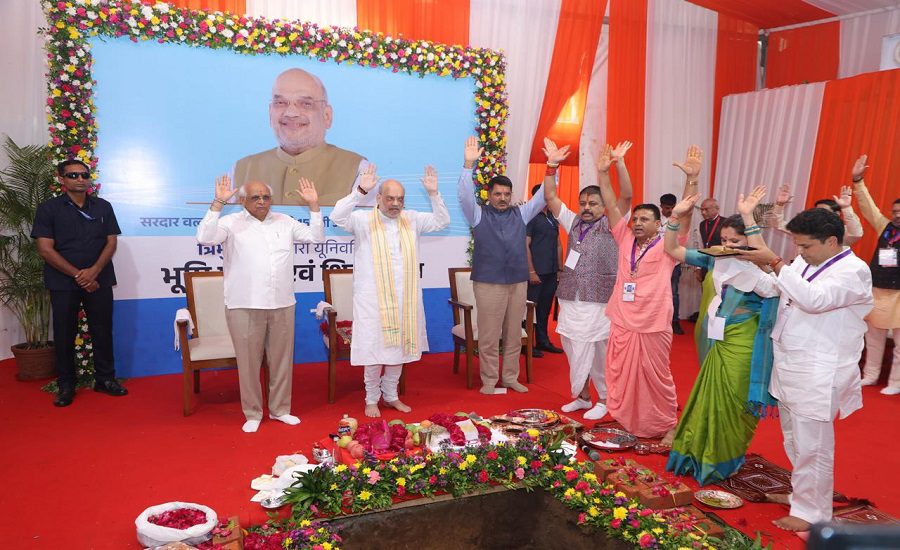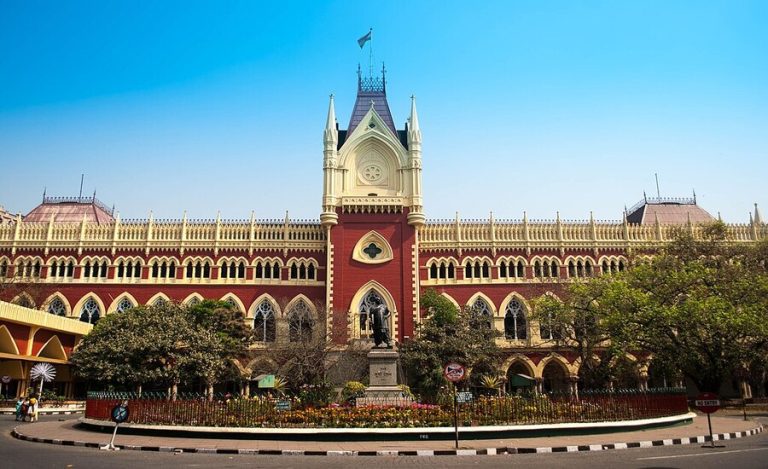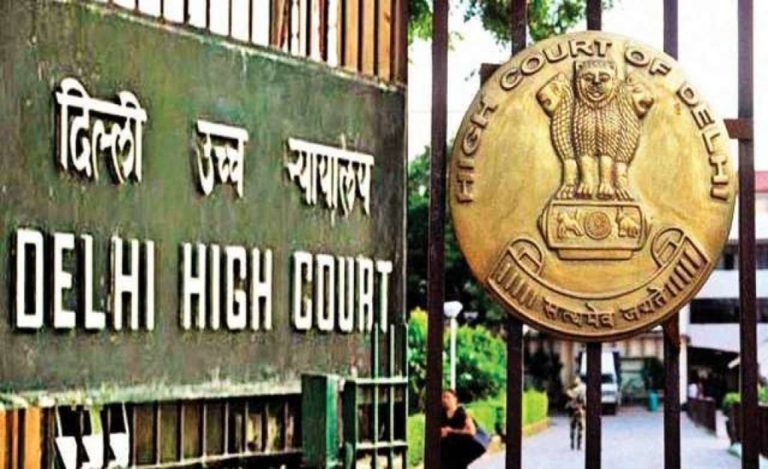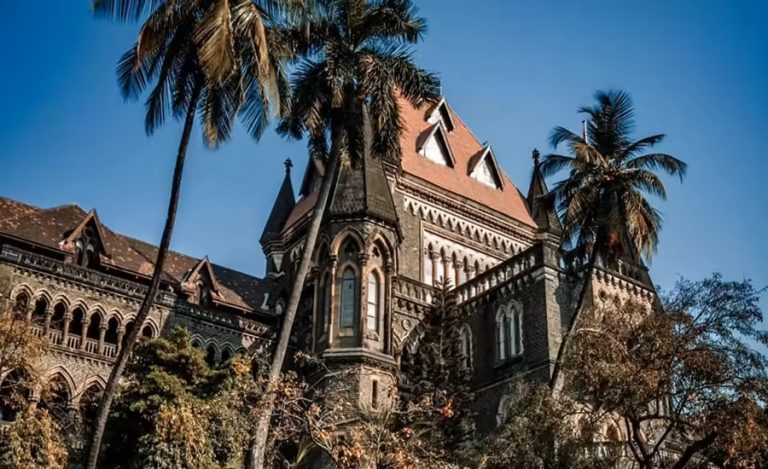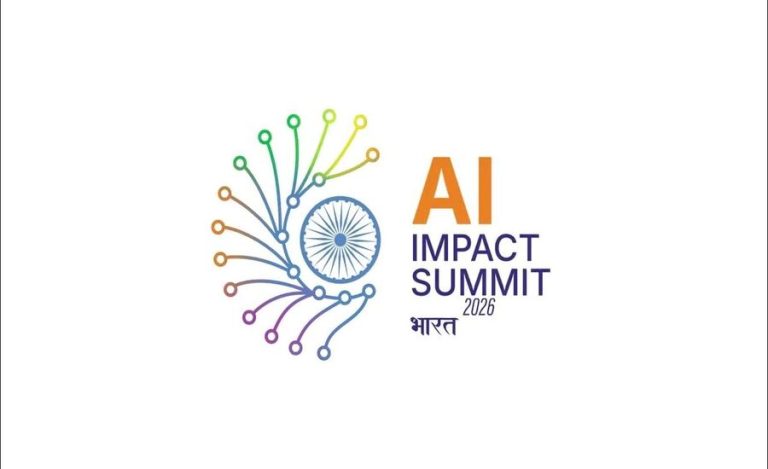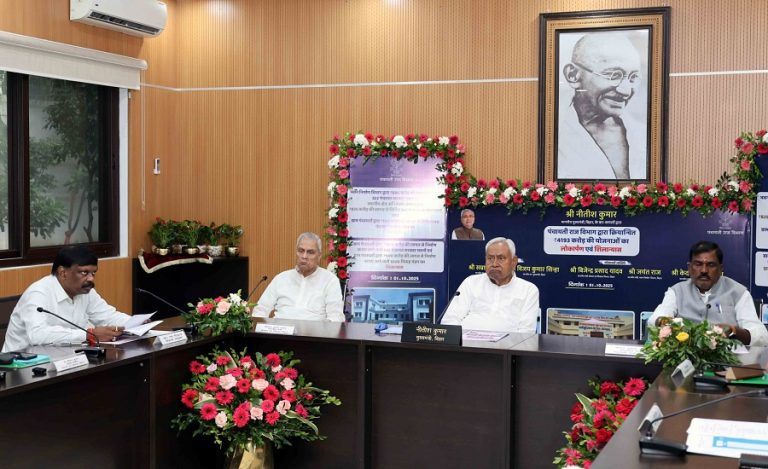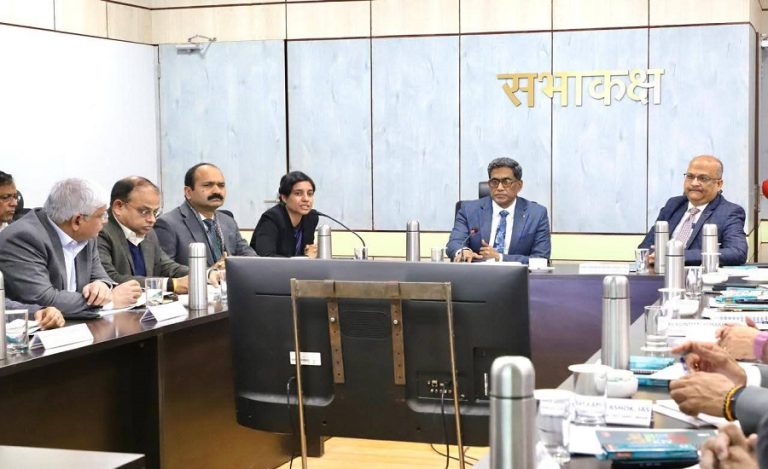Gandhinagar: In a landmark event coinciding with International Co-operative Day, Union Home and Cooperation Minister Mr. Amit Shah and Gujarat Chief Minister Mr. Bhupendra Patel laid the foundation stone for the world’s first cooperative university—Tribhuvan Sahkari University—in Anand, Gujarat. This bold initiative marks a new era for India’s cooperative movement, blending education, innovation, and tradition into a singular institution of excellence.
Set to become operational within just four months, this ₹500 crore university spread across 125 acres will provide advanced education and training in cooperative values, management, and development. It is a key initiative under the visionary leadership of Prime Minister Mr. Narendra Modi, and forms part of the broader strategy to integrate cooperative principles into India’s mainstream development framework.
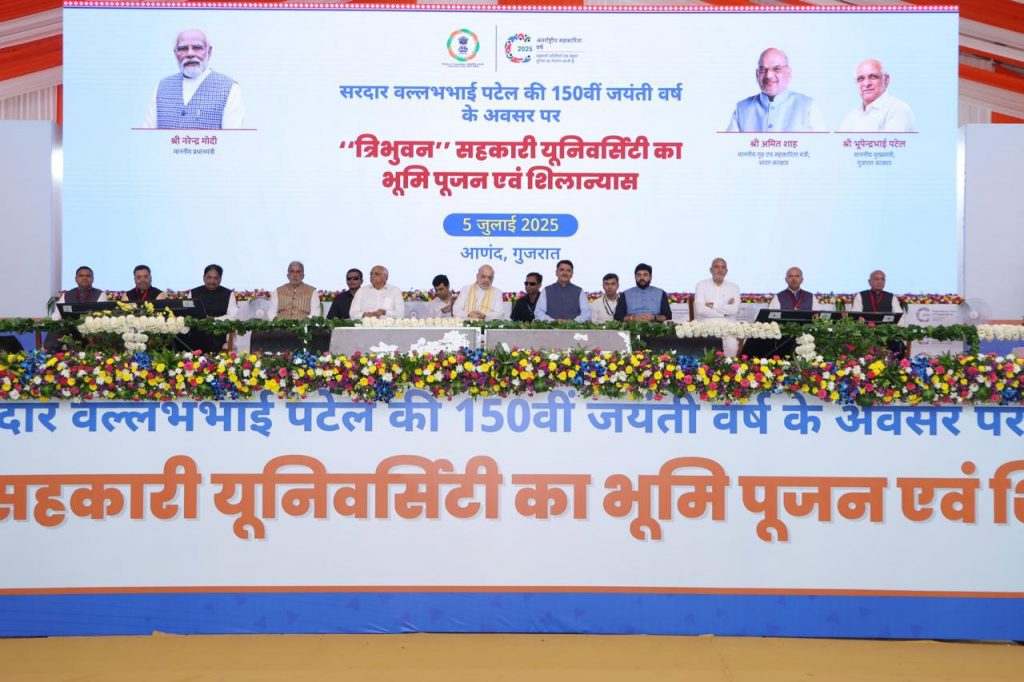
Read Also: Cooperatives Empowering Youth, Driving Growth: MP CM Dr Mohan Yadav on International Cooperative Day
Amit Shah: “University Will Train 30 Crore+ Cooperative Participants”
Speaking at the ceremony, Union Home and Cooperation Minister Mr. Amit Shah emphasized that India’s cooperative movement touches one in every four citizens, with over 30 crore people directly involved. Yet, the sector has lacked structured education and training opportunities—until now.
“This university will bridge that gap. It will develop a new generation of skilled, professional, and principled cooperative leaders,” said Shah. He highlighted that graduates from this university will be prioritized in cooperative sector employment, ensuring a merit-based, transparent recruitment process.
He also revealed plans to embed cooperative studies in Gujarat’s school curriculum, encouraging cooperative thinking from an early age.
Visionary Tribute to Tribhuvandas Patel and the Legacy of Amul
The university is named after Mr. Tribhuvandas Patel, the pioneer of India’s dairy cooperative revolution and the founder of the Kheda District Milk Producers’ Cooperative Union—now famously known as Amul.
Mr. Amit Shah recounted how Tribhuvandas Patel’s leadership empowered millions of rural women and gave birth to a movement that today handles over ₹80,000 crore in business through cooperative milk production.
“The Central Government has named this university not for political reasons, but to honour a true people’s leader,” Shah said, recalling that six lakh women had each contributed ₹1 to honour Patel at his retirement, a gesture symbolizing deep-rooted grassroots respect.
Cooperative Sector Reforms and National Impact
Under the Ministry of Cooperation, 60 new reform measures have been implemented to revitalize the sector. These include digitalization, democratization, and improved transparency in cooperative governance. The ministry has consulted key stakeholders across the country to shape a robust and inclusive cooperative model.
Future initiatives such as cooperative-based taxi services and insurance are also on the horizon, and the university will play a pivotal role in developing human capital to drive these ventures.
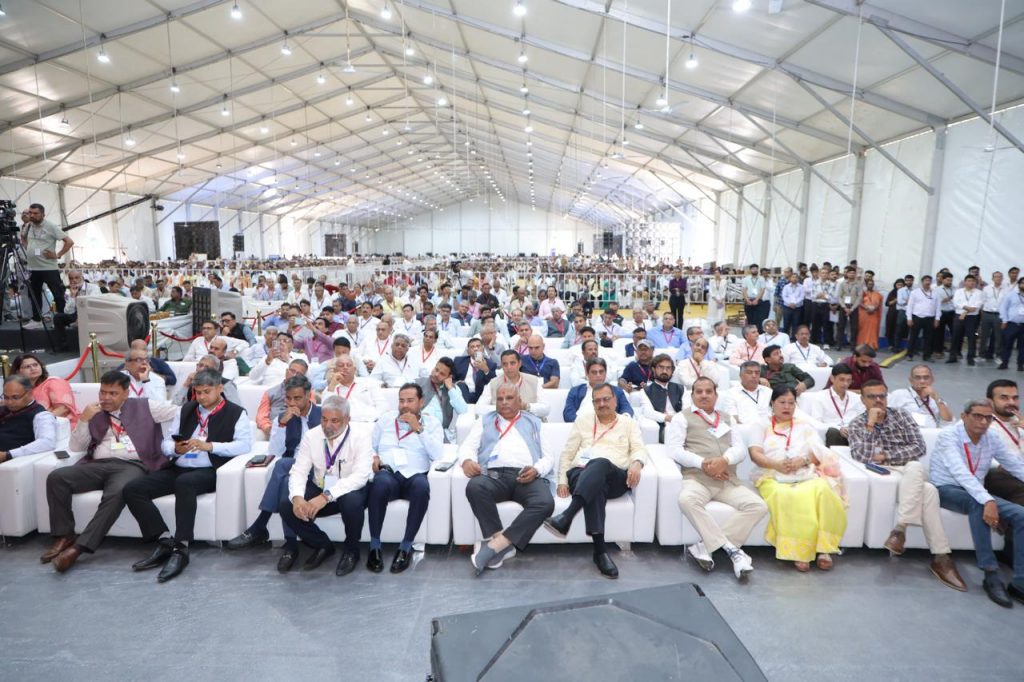
Chief Minister: “Tribhuvan University Will Be the Cradle of Cooperative Excellence”
Chief Minister Mr. Bhupendra Patel described the occasion as a historic milestone, calling the university “a living embodiment of the cooperative spirit.” He affirmed that this institute will act as a global centre for cooperative research, innovation, and policy-making, equipping students to tackle challenges like climate change, digitalization, and rural development.
“The cooperative model is not just an economic activity in India—it’s a way of life,” Patel said. He emphasized that this initiative showcases India’s commitment to cooperative development on a global platform, aligning with Prime Minister Modi’s vision of “Sahkar thi Samruddhi” (Prosperity through Cooperation).
Read Also: MP Govt Committed to 27% OBC Reservation: CM Mohan Yadav Reaffirms Stand Based on Factual Data
Dignitaries and Institutions Join Hands
The event saw participation from a wide spectrum of dignitaries and institutions, including:
- Union Ministers of State Mr. Krishan Pal and Mr. Murlidhar Mohol
- Gujarat Ministers Mr. Rushikesh Patel and Mr. Jagdish Vishwakarma
- NDDB Chairman Dr. Meenesh Shah
- Vice Chancellor Dr. J.M. Vyas
- IRMA officials, faculty, MLAs, MPs, and thousands of farmers and dairy workers
Notably, two NCERT modules on cooperative education were also unveiled, marking a step toward nationalizing cooperative education across schools and colleges.
Global Model, Local Roots
The Tribhuvan Sahkari University is designed to serve as both a symbol of India’s cooperative legacy and a launchpad for future-ready cooperative professionals. With technical backing from NDDB and academic support from institutions like IRMA, the university will integrate traditional cooperative wisdom with modern technologies and management practices.
The project is not just about education—it’s about empowerment, equity, and national transformation.

